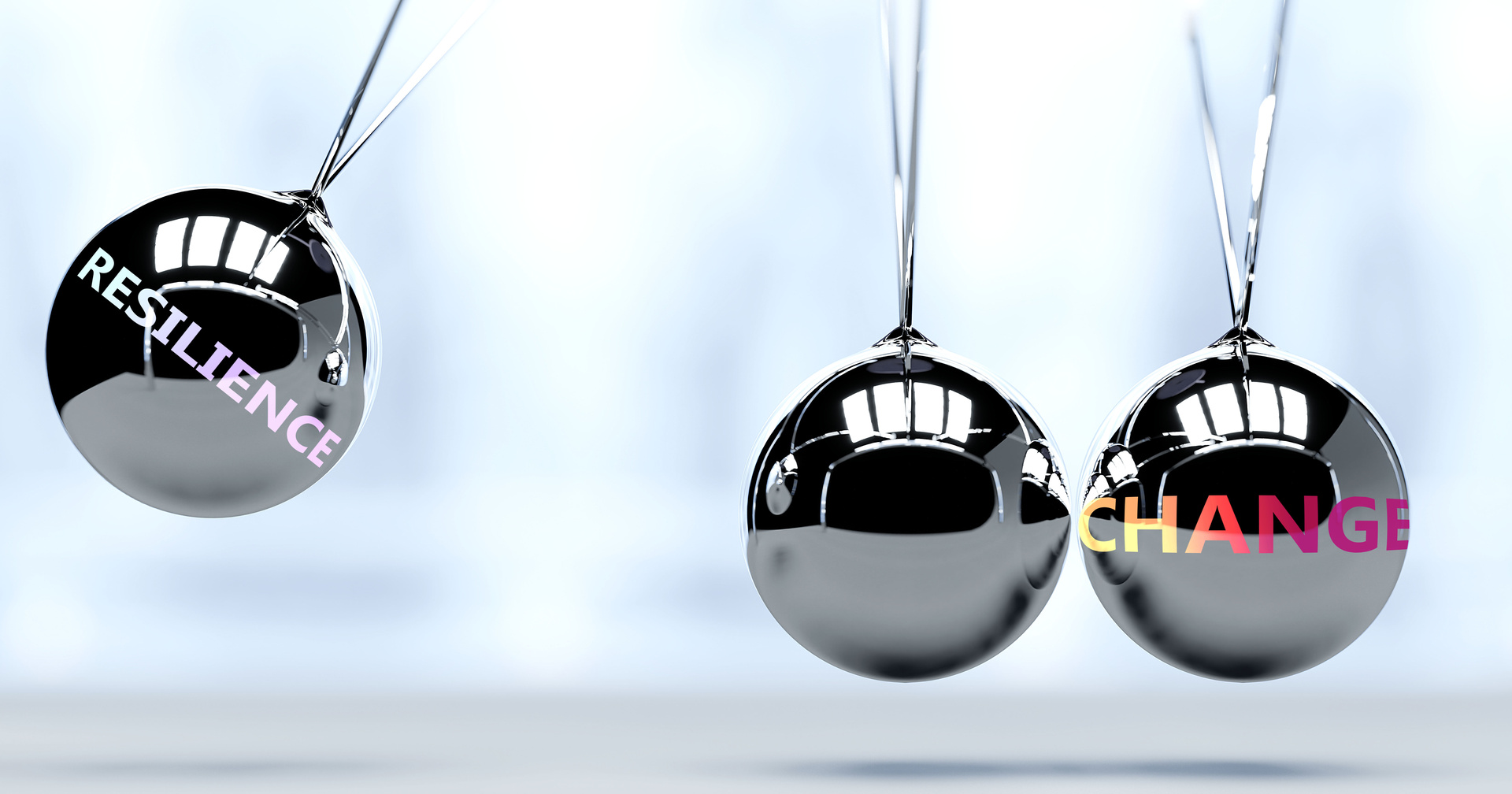Police Chief Magazine defines resilience as “the ability to effectively and calmly master and transcend adverse circumstances and devastating losses.”1 Resilient people not only make sounder decisions when faced with challenges, but they demonstrate the capacity to maintain healthy dispositions and energy levels despite them. More and more, this skill is increasingly necessary for public safety and mental health in the field.
As a whole, employees in the United States are among the most stressed in the world.2 And first responders such as law enforcement, fire-fighters and EMTs are all shown to be at a greater risk of depression (12%) and PTSD (over 35%) than the general public (7%).3 Worse still, due to subcultures in these workplaces, signs of mental stress often go under-reported, which allows traumatic events to build on one another. All of this creates severe problems, including decreased morale, impaired decision making, hypertension, cardiovascular disease, and most tragically, suicide.
Fortunately, resilience is a skill which can be taught and even enhanced by qualified consultants. And studies have shown that slightly altering certain workplace conditions can create an atmosphere with higher levels of mental health and job satisfaction. We’ll review a few of them here.
Teaching Resilience
The actual practice of teaching resilience varies by situation, sometimes consisting of online training and sometimes one-on-one coaching. But the training itself can be approached in a number of ways, all of which improve overall psychological health and contribute to a mentally hardy workforce and a more satisfactory environment.
Three often cited aspects of building resilience are Challenge, Commitment, and Control.4 Challenge involves shifting perspectives so that workplace stressors become opportunities for growth instead of sources of tension. Commitment means practicing accountability, perseverance and team-oriented approaches when dealing with stressful events. And Control means realistically assessing what aspects of a task an employee can control, and then empowering them by focusing their efforts where they have the greatest effect.
Among the most essential aspects involves building and maintaining healthy relationships, both in and out of the office.5 Among other things, this helps a person improve communication, increases team camaraderie, and helps them become more authentically themselves while on the job. For first responders, healthy outside-the-job relationships are especially important to help them disassociate from their professional lifestyle.
Another aspect involves mindfulness training. Many officers don’t notice how tense their body posture is, and that something as simple as turning your palms upright can help relax you.6 Mindfulness also helps employees become aware of their diet, time management, stress responses and perspectives. For instance, many people believe asking for help or taking time to recuperate is a sign of deficiency, when in fact the opposite perspective has been shown to improve overall health.
Building a Resilient Workplace
There is debate between the importance of more resilient employees or more comfortable working conditions. But the truth is that approaching both at once creates more long-term results. Psychological consultants often work with leadership to get them engaged in making workplace changes. Especially among the younger workforce, there’s a strong desire for employers to help improve the overall wellbeing of their workers, and consultants help them do this efficiently.
One concept is called Job Crafting.7 Workers thrive in atmospheres where they feel appreciated, have potential to advance, and have enough autonomy to proactively work within their strengths and interests. Identifying an employee’s values and passions, and putting them in roles where they can apply them while on duty will greatly improve resilience, morale and mental health.
Learn More
If you’re interested in learning more about building resilience, please contact the psychological consultants at FMRT.
1 – Shawn Hill and Howie Giles, “Resilience as a Department Cultural Initiative,” Police Chief online, May 29, 2019, https://www.policechiefmagazine.org/resilience-as-a-department-cultural-initiative/
2 – Gallup.com, State of the Global Workplace: 2021 Report, https://www.gallup.com/workplace/350123/united-states-canada-workplace-trends.aspx
3 – Carlson-Johnson, Grant and Lavery, 2020, https://www.frontiersin.org/articles/10.3389/fpsyg.2020.01874/full
4 – Maddi and Khoshaba, 2006
5 – Jackson, Firtko, & Edenborough, 2007
6 – Dr. Carrie Steiner, 2018
7 – Davis Laack, 2014








